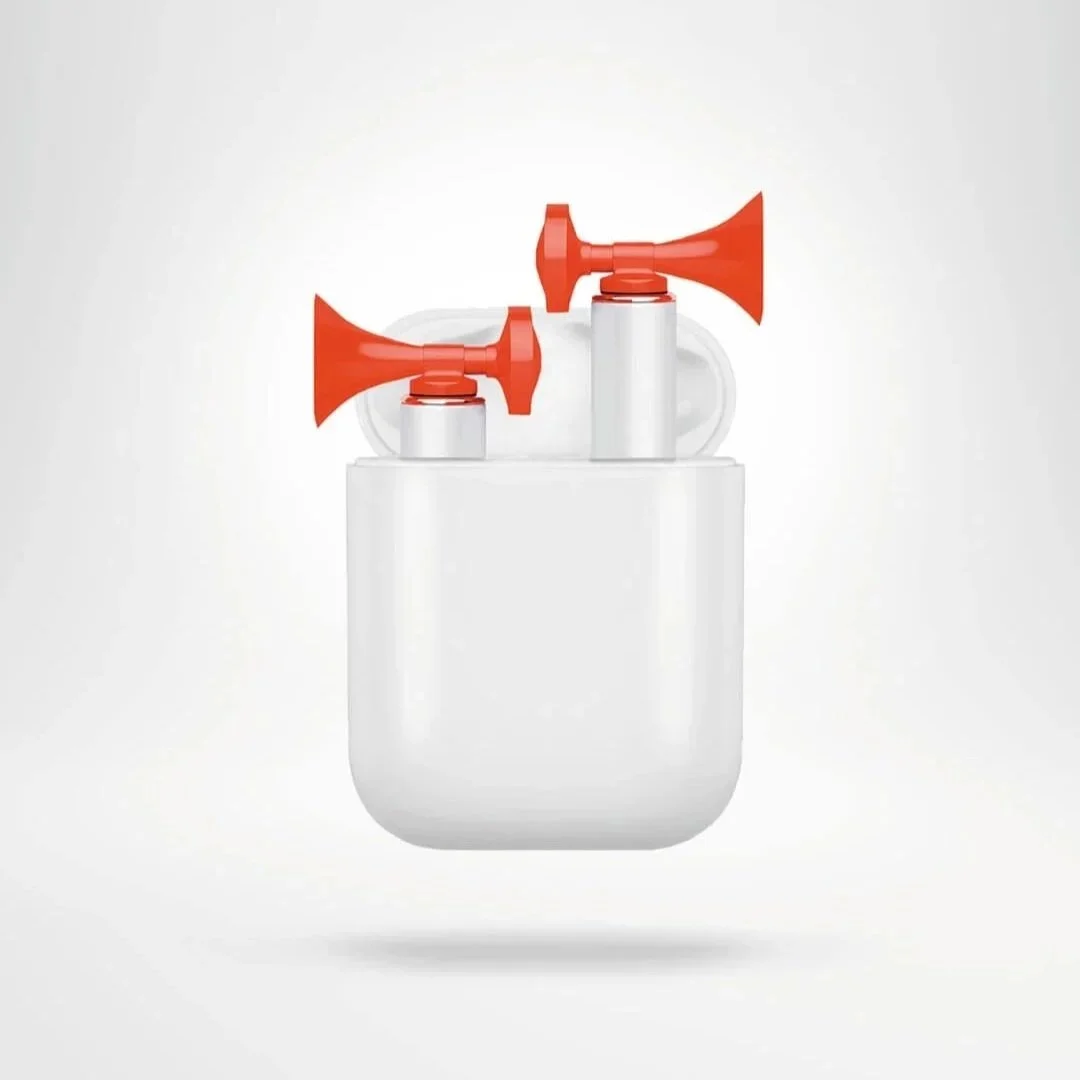By Stephanie Connolly
Credit: @florianolv/Unsplash
While headphones, earbuds, and music venues have been recognized as sources of potentially unsafe sound levels, relatively little attention has been paid to the effects of video games, including esports (competitive gaming), on hearing loss.
Hearing Health Foundation spoke with Lauren Dillard, Au.D., Ph.D., the lead author of a recent study published in BMJ Public Health in January 2024 that synthesizes current evidence related to relationships between gaming and elevated risks for hearing loss and/or tinnitus.
In a systematic review of the available literature, Dillard and her team mined research databases to identify pertinent studies, white papers, newsletters, reports, and proceedings. The research was led by the World Health Organization (WHO) as part of their Make Listening Safe program.
Significant takeaways included:
The daily level of sound exposure from video games is close to maximum permissible levels of sound exposure
Video gamers worldwide may be risking irreversible hearing loss and/or tinnitus—persistent ringing/buzzing in the ears
Lauren Dillard, Au.D., Ph.D.’s research focuses on the epidemiology of hearing loss.
According to the website Exploding Topics, gamers worldwide number over 3 billion. In the U.S., 58 percent of gamers are under age 34 and one in five is younger than age 18.
How to Reduce Risk?
The WHO had previously issued a background study on video gaming and esports in conjunction with the International Telecommunications Union, a specialized United Nations agency for information and communication technologies. Since September 2023 the WHO and ITU have been working together to set safe noise level standards specific to gaming.
“This includes reducing dynamic range, volume reduction when not actively participating in the game, and actively reducing sounds that are known to induce tinnitus, or hearing ringing or buzzing sounds,” Dillard says.
In addition to working on setting ITU standards for gaming, Dillard says the WHO has been meeting with gaming manufacturers.
What’s been the reception from these companies? “It’s generally been positive,” she says. “I think there’s a balance between how they are going to change the game to incorporate this and still have it be a good experience.”
Dillard continues, “I think what you’ll see mostly coming out of WHO in the future related to gaming is more technical resources and tools that can be incorporated by manufacturers and by governments and so on to reduce these health risks.”
A postdoctoral fellow with the Medical University of South Carolina and a consultant with the WHO’s Ear and Hearing Care Program, Dillard focuses on the epidemiology of hearing loss. Among other earlier reports, she coauthored a November 2022 BMJ Global Health study on hearing loss among young people due to exposure to personal listening devices and loud entertainment venues.
In an effort to raise awareness of these findings, HHF is partnering with gaming creators in conjunction with World Hearing Day March 3 and through the month of March to promote the message of hearing health. Stay tuned!
Stephanie Connolly is a consultant with Hearing Health Foundation.









It bears repeating: What improves access for a group with a specific disability invariably also helps the greater population.